Seventeen U.N agencies and six International Financial Institutions (IFIs) are working together to address COVID-19 in Uzbekistan, which includes delivering medical and protective materials, creating jobs and training migrant workers. As a result, they developed a joint Multilateral Socio-Economic Response and Recovery Offer, with the UNDP serving as a technical lead.
The report classifies the main challenges and gaps in addressing COVID-19 in Uzbekistan as immediate, medium and long term throughout its seven priority areas: macroeconomic response and recovery, creation of jobs and support for workers, support for education services, social protection, social cohesion, provision of essential health services and data and assessments.
Ongoing Work and Results
These new programs and reforms help to make changes in the economy in favor of private sector growth and greater resource efficiency. So far, the initiative for addressing the crisis of COVID-19 in Uzbekistan has provided the following results:
- The International Monetary Fund (IMF), under the Rapid Credit Facility and Rapid Financing Instrument, gave Uzbekistan $375 billion to address immediate financial needs.
- The International Organization for Migration (IOM) will establish a Skills Development Centre for potential migrant workers.
- The World Bank is providing guidance on educational continuity, remote learning and performance of evaluations. Moreover, two UNICEF projects will also support educational continuity and safe school operations.
- To help contain the pandemic, the U.N. Office on Drugs and Crime (UNODC) is providing support to law enforcement officers in the front lines of the borders between Kyrgyzstan, Kazakhstan and Tajikistan. The agency also has 15 initiatives in social cohesion, education and health.
- The UNDP is delivering personal protective equipment (PPE) and disinfectants to more than 30,000 people in remote regions. The U.N. organ is also training and providing equipment to 2,000 community health volunteers with the goal of sharing information in 10 districts of Karakalpakstan.
Overall, the first efforts of the Uzbek Government to prevent the spread of the virus, together with the support of the international agencies and institutions involved can strengthen effective protection mechanisms from the pandemic. Furthermore, they can alleviate the effects that COVID-19 in Uzbekistan has already had on the economy, society and public services.
– Helen Souki

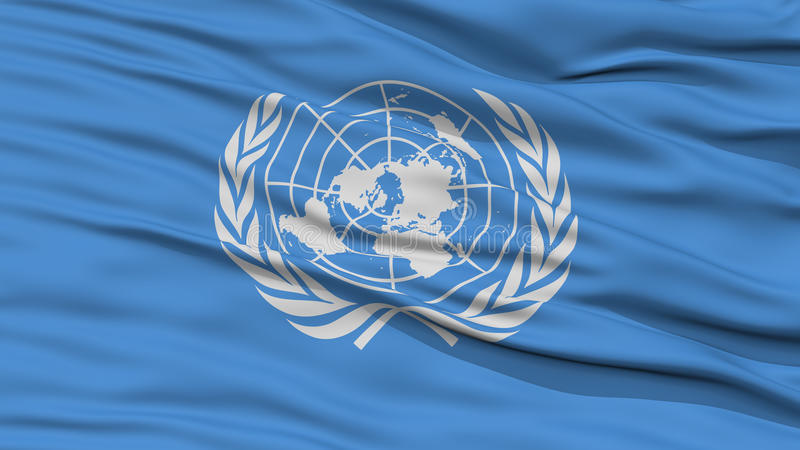
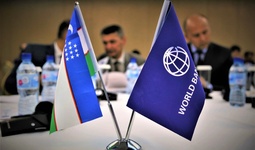
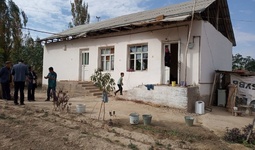
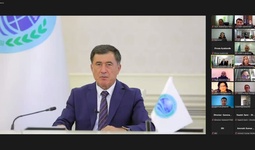
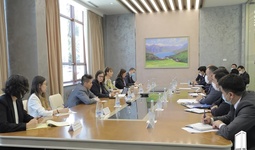
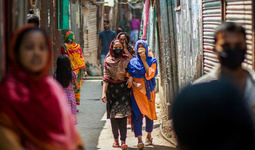
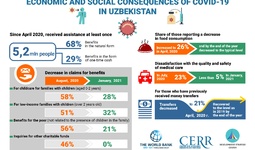













leave a comment